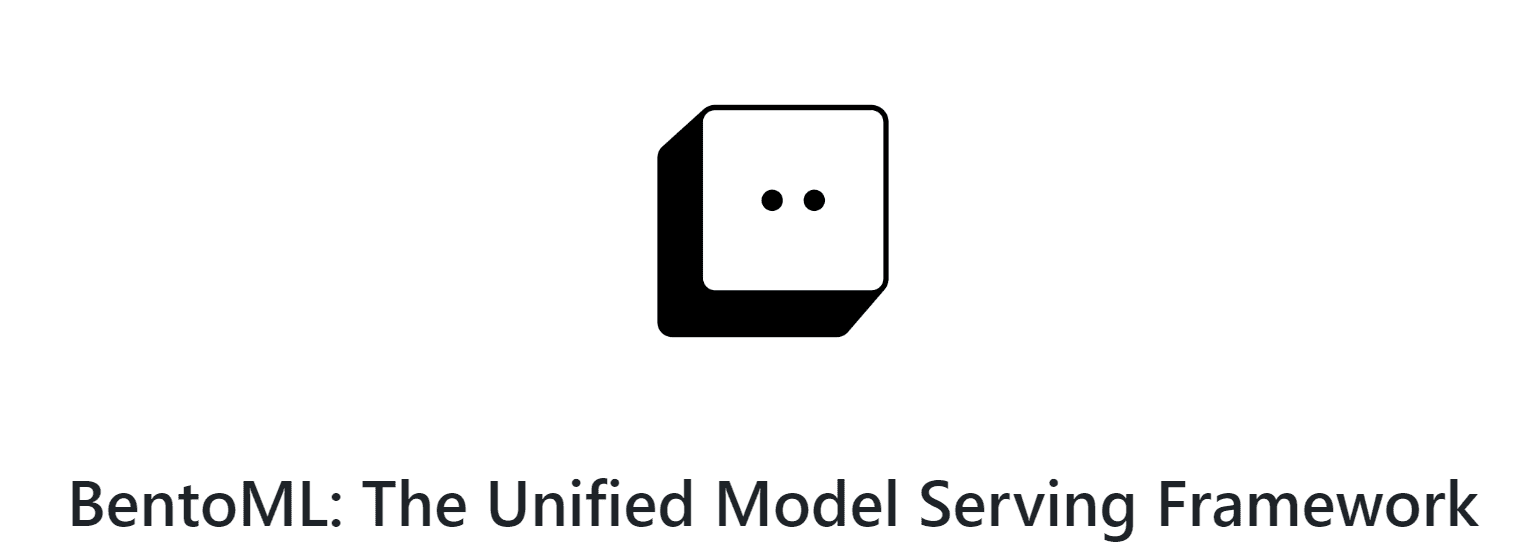
A significant security flaw has been unveiled in BentoML, a popular Python-based framework used for building and deploying AI applications. Identified as CVE-2024-2912, this vulnerability lies in the way the software handles data, potentially allowing attackers to run arbitrary code on servers running BentoML.
BentoML’s Popularity = Wide Impact

BentoML is favored for its performance and ease of use in bringing AI models into production environments. This vulnerability, therefore, has broad implications, putting any organization relying on unpatched BentoML instances at risk.
The Attack Surface: What’s Exposed
The problem stems from how BentoML processes incoming data. Attackers can exploit the framework’s deserialization mechanisms by sending specially crafted POST requests. Doing so lets them:
- Execute Malicious Code: Run commands with the same privileges as the BentoML application itself, giving an attacker a foothold on the server.
- Steal Sensitive Data: Depending on the system’s configuration, access to confidential model data, databases, and other assets could be compromised.
- Launch Further Attacks: The compromised server could become part of a botnet or a launchpad for other exploits on the internal network.
Severity and Proof of Concept
The danger of the CVE-2024-2912 vulnerability is underscored in several ways:
- Huntr Bounty Program Rating: The critical severity rating (9.8 out of 10) highlights the immediate, far-reaching consequences of an exploit.
- Published Proof of Concept: Readily available PoC code published by PinkDraconian makes it easier for even less-skilled attackers to weaponize this vulnerability.
Protect Yourself – Patching is Essential
The good news is that the BentoML development team addressed this promptly. Versions 1.2.5 and later include the necessary fixes. Here’s what you need to do:
- Update Immediately: If you’re using BentoML, apply the latest security updates as soon as possible.
- Review Your Deployment: Consider how BentoML servers are exposed to the network. Limit access as much as feasible.
- Monitor for Suspicious Activity: Log unusual network traffic and system events for any BentoML instances.